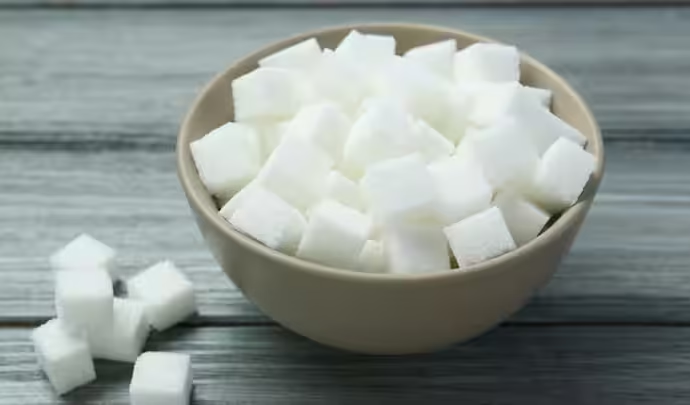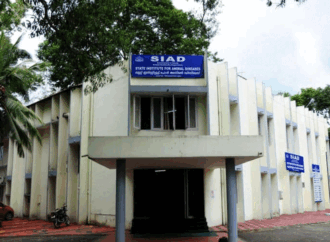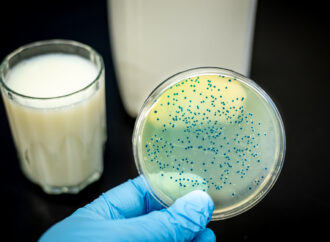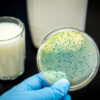Overview
Chinese scientists have developed a pioneering method to transform carbon dioxide into sugar, potentially revolutionising food production and reducing reliance on traditional farming methods. A team at the Tianjin Institute of Industrial Biotechnology created an in vitro biotransformation (ivBT) system that synthesises sucrose from methanol, a low-carbon chemical derived from industrial waste or CO₂. This process uses enzymes to convert methanol into sucrose, offering a sustainable and energy-efficient alternative to conventional agriculture, which relies heavily on sugarcane and sugar beet farming.
Published Findings and Global Significance
The researchers published their study in Science Bulletin, emphasising that artificial conversion of CO₂ into food and chemicals could address both environmental and population challenges while supporting global carbon neutrality goals.
Building on Earlier Research
This achievement builds on previous work by the Dalian Institute of Chemical Physics, which in 2021 developed a low-temperature process for converting CO₂ into methanol. Leveraging that discovery, the Tianjin team achieved an impressive 86% conversion rate, marking a significant advancement in biomanufacturing.
What Else Can It Make?
The ivBT system not only produces sucrose but also generates starch and various carbohydrates such as fructose, amylose, amylopectin, cellobiose, and cellooligosaccharides—using less energy compared to traditional methods. With global CO₂ emissions pushing temperatures up by at least 1.1°C and the world population expected to reach 10 billion by the end of the century, food demand will likely double. Converting CO₂ into food and raw materials provides a potential solution to climate change and food security challenges.
A New Era in Sustainable Food Production
By turning a greenhouse gas into valuable resources, this breakthrough opens the door to reimagining agriculture, cutting emissions, and producing essential food ingredients in an eco-friendly way.
Source: NDTV
 Food Manifest
Food Manifest 


















